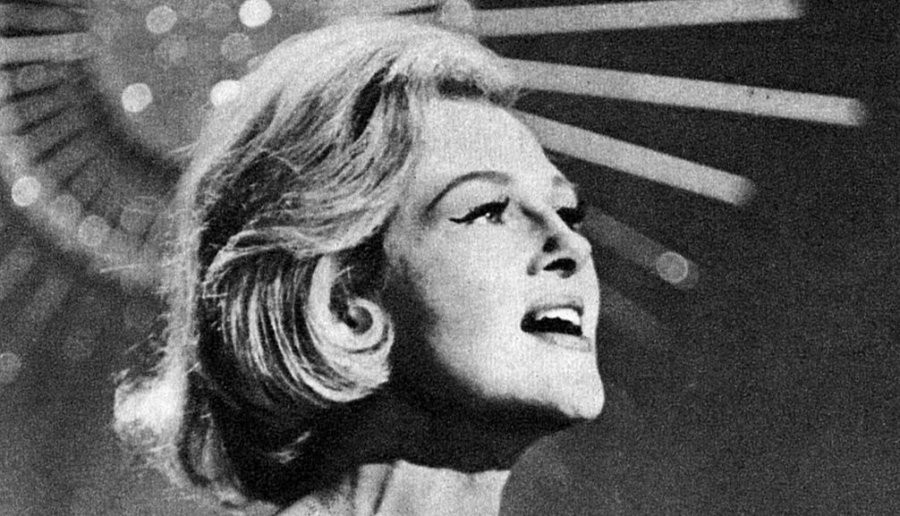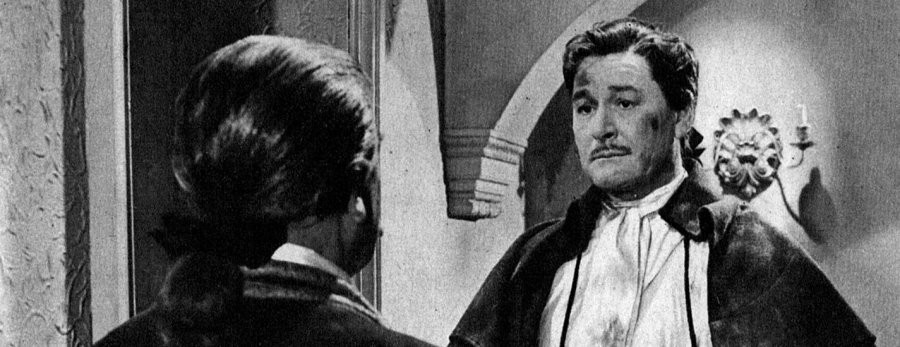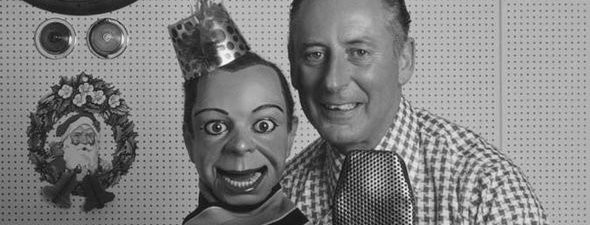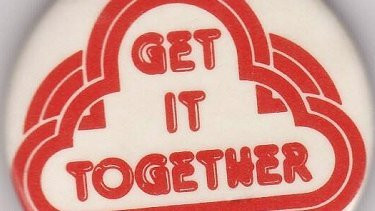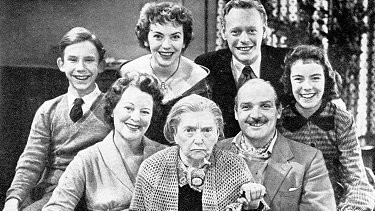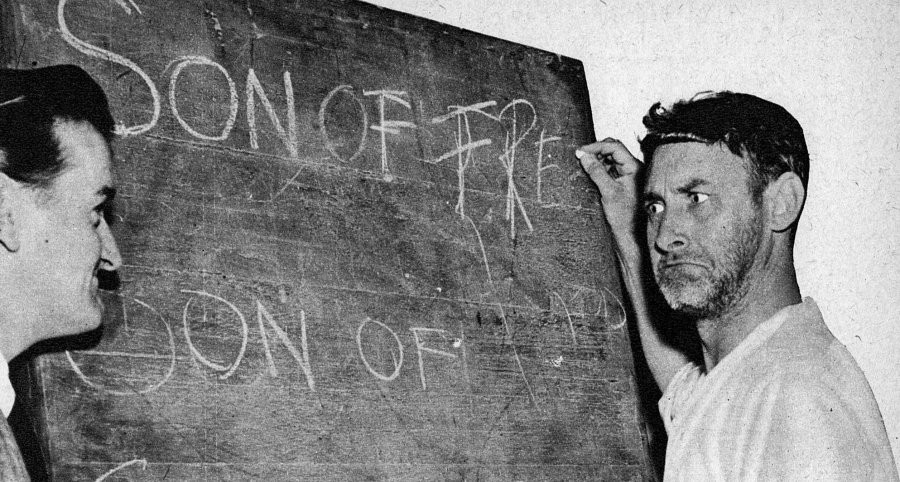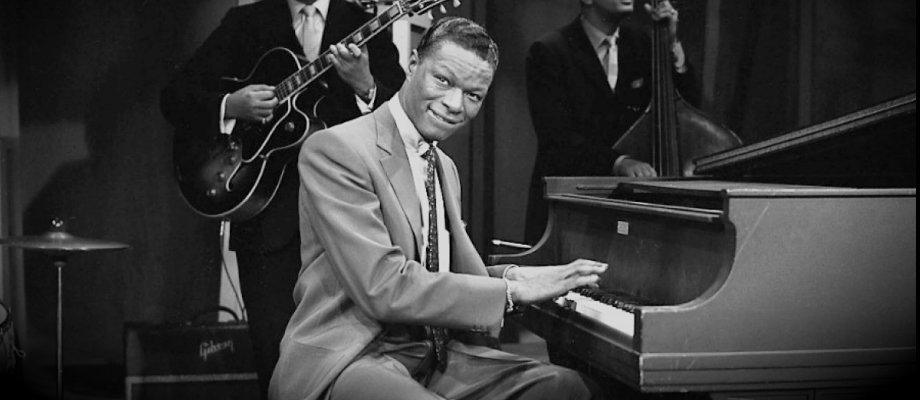
The Nat King Cole Show
1956 - United StatesNat King Cole was handsome, sang beautifully, had a string of record hits under his belt, and was charming to his guests. There was just one problem: Nat King Cole was also black. And in the pre-civil rights era of the 1950's, Cole’s variety series had a very short run, because potential sponsors were afraid to identify with an African-American.
Until The Nat King Cole Show made its debut on November 5th, 1956, black performers by and large didn’t have their own national television programmes. Ethel Walters (and later Louise Beavers) played the title role in ABC’s The Beulah Show for two seasons–as a maid. Eddie “Rochester” Anderson continued to play Jack Benny’s valet. And black singers appeared on various variety shows, including Ed Sullivan’s Toast Of The Town and Your Show of Shows. There were a few variety series hosted by black performers, such as Sugar Hill Times on CBS (September-October 1949), which featured an all-African-American cast that included Harry Belafonte; and Trinidad-born singer-pianist Hazel Scott (DuMont, July-September 1950). But Cole was the highest-profile black performer to host a TV series up to that time.
Cole originally signed with CBS for a series, but it never materialised and he went to NBC, who was more receptive. The Nat King Cole Show began as a 15-minute programme airing right before NBC’s national news show. In July 1957, NBC expanded Cole’s show to a half-hour and moved it to Tuesday nights at 10:00 PM. But whether 15 or 30 minutes long, it ran on a sustaining basis by the network: Cole’s programme did have some regional sponsors but no single national advertiser was persuaded to sign on. (A number of NBC’s affiliates in the South refused to carry the show, sponsored or not.) Some of Hollywood’s most-famous performers agreed to appear with Cole. Ella Fitzgerald, Frankie Laine, Mel Torme, Peggy Lee and Eartha Kitt were just some who showed up for little or no pay. Undaunted, NBC moved Cole to an early Tuesday night slot in September 1957. But once again, sponsorship was non-existent–so NBC offered Cole a less-desirable time slot. Cole declined the offer, and The Nat King Cole Show aired its last episode December 17th, 1957. But he praised NBC for giving it a try:
"The network supported this show from the beginning. From (NBC Chairman Robert) Sarnoff on down, they tried to sell it to agencies. They could have dropped it after the first thirteen weeks. Shows that made more money than mine were dropped. They offered me a new time at 7:00 p.m. on Saturdays on a cooperative basis, but I decided not to take it. I feel played out."

Cole famously summed up the reason for his show’s demise: “Madison Avenue is afraid of the dark.” Indeed, it was the fear of being associated with a black figure (and boycotts by Southern television station owners) that kept skittish advertisers from putting their money on The Nat King Cole Show, according to the Museum of Broadcast Television’s website:
“A representative of Max Factor cosmetics, a logical sponsor for the program, claimed that a "negro" couldn't sell lipstick for them. Cole was angered by the comment. ‘What do they think we use?’ he asked. ‘Chalk? Congo paint?’ ‘And what about a corporation like the telephone company?’ Cole wondered. ‘A man sees a Negro on a television show. What's he going to do--call up the telephone company and tell them to take out the phone?’"
Cole was interviewed for Ebony magazine (a publication aimed at African-Americans), and vented his frustrations in an article entitled “Why I Quit My TV Show.”
"For 13 months I was the Jackie Robinson of television. I was the pioneer, the test case, the Negro first....On my show rode the hopes and tears and dreams of millions of people....Once a week for 64 consecutive weeks I went to bat for these people. I sacrificed and drove myself. I plowed part of my salary back into the show. I turned down $500,000 in dates in order to be on the scene. I did everything I could to make the show a success. And what happened? After a trailblazing year that shattered all the old bugaboos about Negroes on TV, I found myself standing there with the bat on my shoulder. The men who dictate what Americans see and hear didn't want to play ball."
It would be another decade before black entertainers starting making strides on American television. Sadly, Nat King Cole was unable to see what his groundbreaking efforts had sparked. The beloved singer–a heavy smoker--died from lung cancer on February 15th, 1965.
Seen this show? How do you rate it?
Seen this show? How do you rate it?
Published on April 20th, 2019. Written by Michael Spadoni (2012) for Television Heaven.




